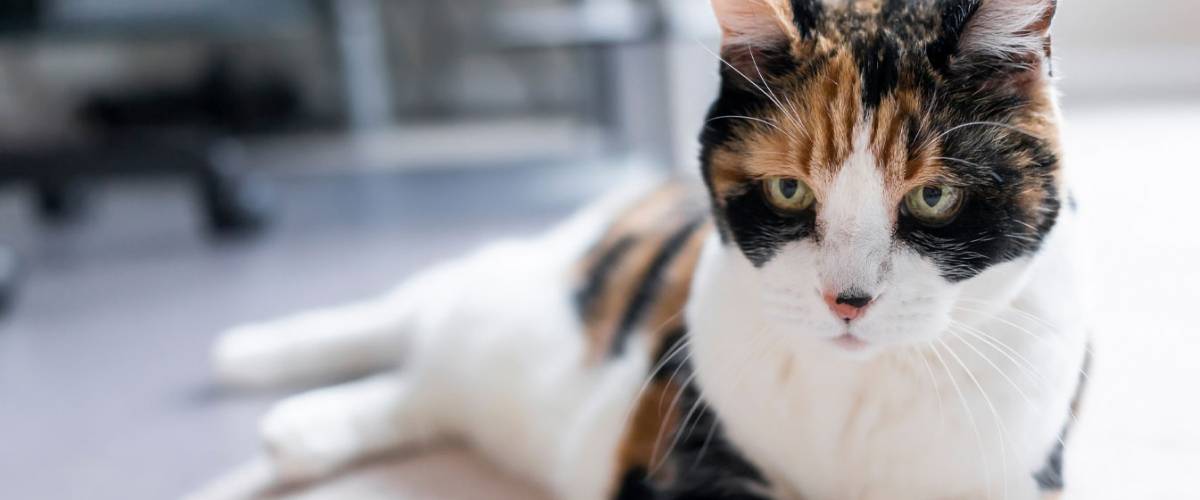
September 5, 2019 – Ask any cat lover and they’ll tell you they’ve had at least one cat diagnosed with chronic kidney disease. CKD is one of the most common problems affecting older cats, with some experts estimating the disease affects at least 50% of older cats (defined as cats over 10 years of age) – that’s a lot of cats suffering from this condition. It’s also a lot of owners who struggle to treat this complex illness.
Although we’ve made great advances in helping cats with CKD live longer with a better quality of life, achieving this can require medication, diet change and fluid support. Antacid therapy is considered an important component of CKD treatment but recent studies have called this practice into question.
In people, it’s been long recognized that chronic kidney disease can cause stomach ulcers. Antacids are commonly used for these patients and are helpful. However, it’s never been firmly demonstrated that CKD causes ulcers in cats. Complicating the picture is the perception that antacids decrease vomiting and nausea in cats with CKD.
“There is a lot of dogma in veterinary medicine that comes from human medicine,” said Dr. Katie Tolbert, a Morris Animal Foundation-funded researcher, gastroenterologist and an Associate Professor at Texas A&M University. “We’re taught that CKD causes stomach ulcers in cats – it’s something that’s been passed down. However, when I talk to pathologists, they tell me they hardly ever see ulcers in cats with CKD. I thought, oh, that’s interesting. Maybe I should look into that”
Acid blockers can come in lots of different forms, from older medications like Maalox to newer generation drugs like Prilosec. Dr. Tolbert recognizes that while acid blockers have their place in treating many diseases, “it’s so difficult to give cats pills you want to be sure they’re needed. In addition, although these are considered safe drugs, all drugs can have side effects.”
Dr. Tolbert has studied acid secretion in cats with CKD and cats without the disease and found no differences between the two groups. In her current Foundation-funded project, Dr. Tolbert is taking this observation one step further. She’s running a clinical trial where some cats with CKD get the acid blocker omeprazole (Prilosec) and others get a placebo for two weeks. After a two-week rest period, the groups switch. The research team is blinded to the treatment each cat is receiving. They’re collecting observational data as well on everything from activity to frequency of vomiting.
Dr. Tolbert hopes to wrap the project up in the next 12 months. The results will help guide veterinarians toward making the best treatment decisions for their patients and maybe owners will have one less medication to give their cats!
You can listen to the complete interview with Dr. Tolbert on our Fresh Scoop podcast.
Morris Animal Foundation has played a major role in funding important studies focused on CKD in cats for over 30 years. Learn more about our chronic kidney disease studies and all our work to help animals live their best lives.




